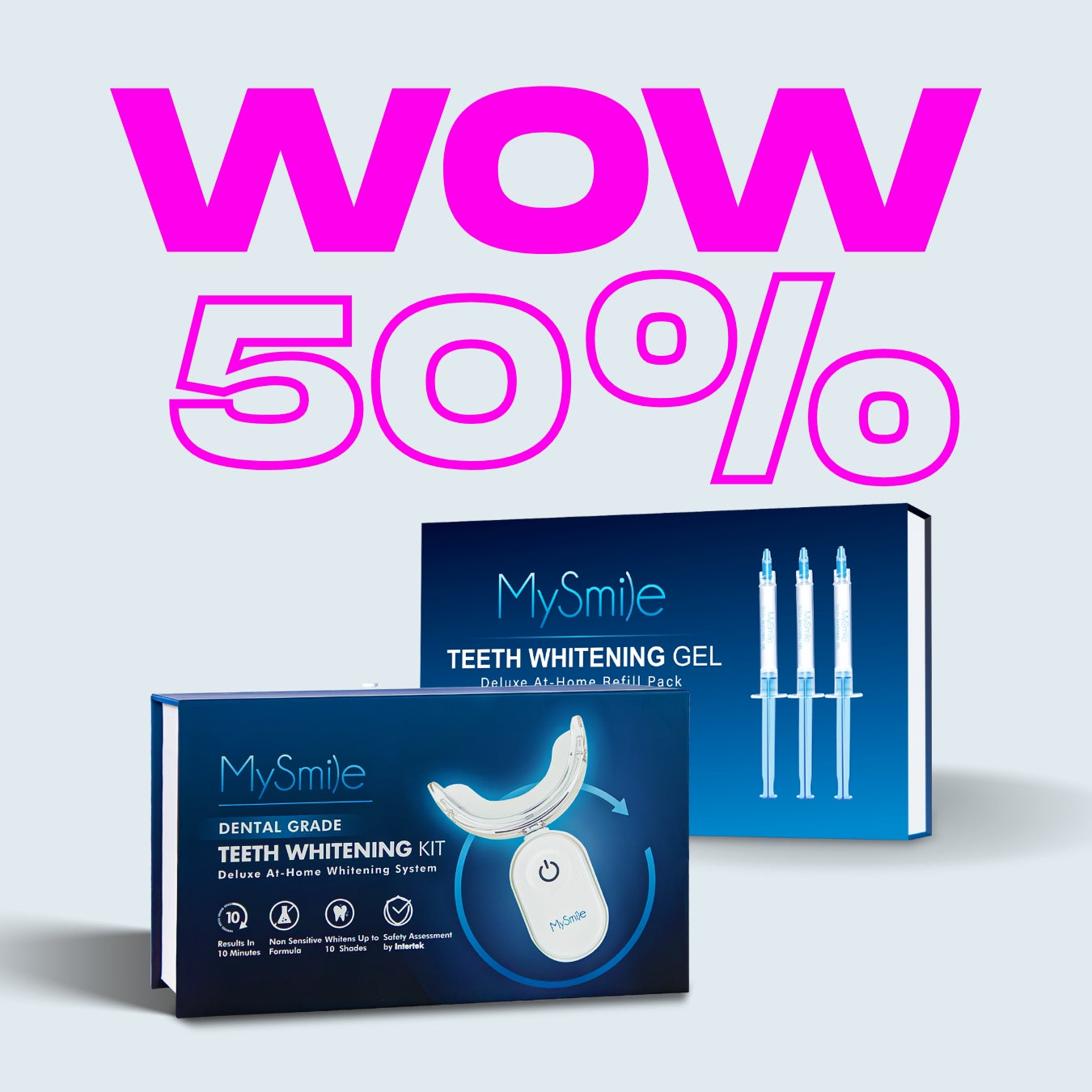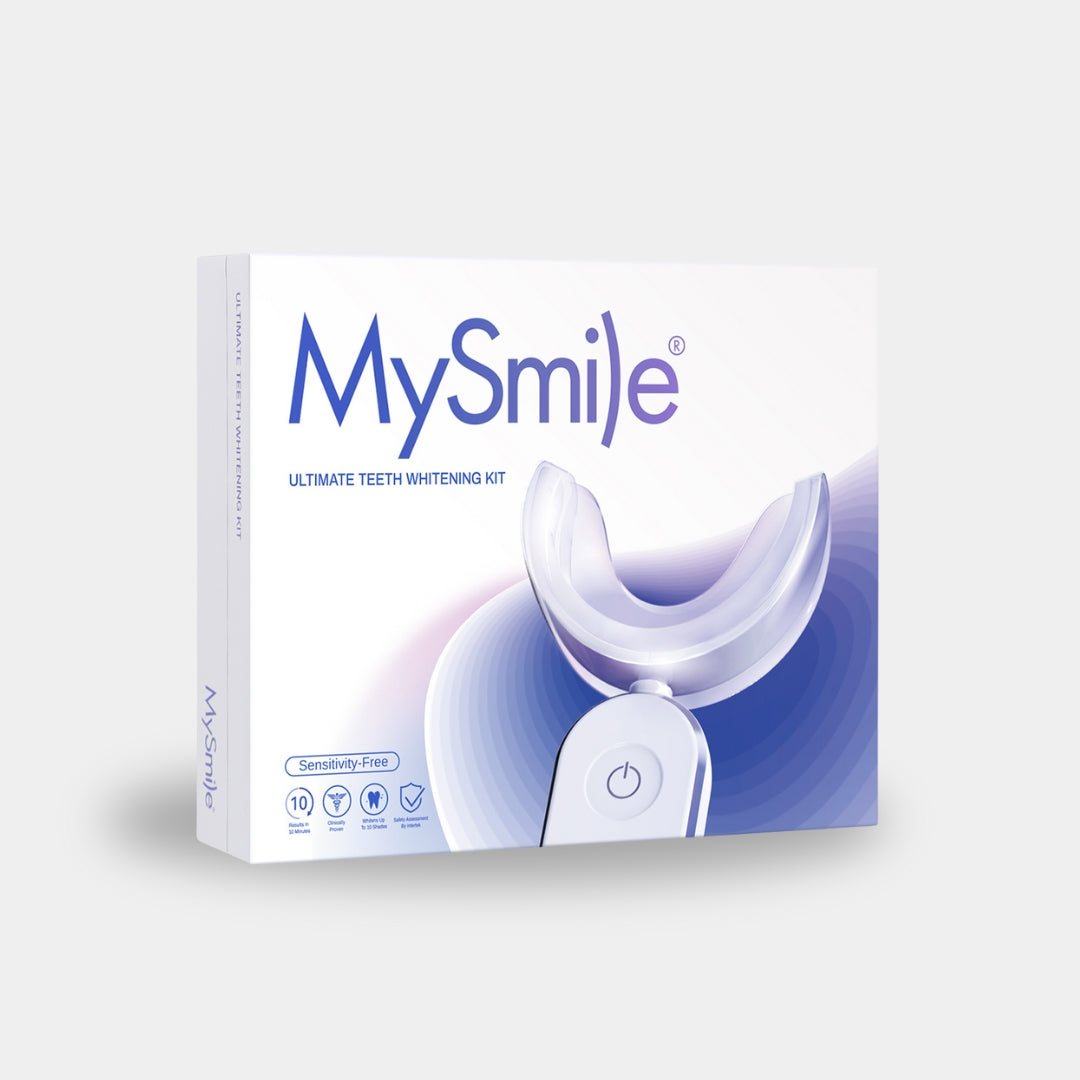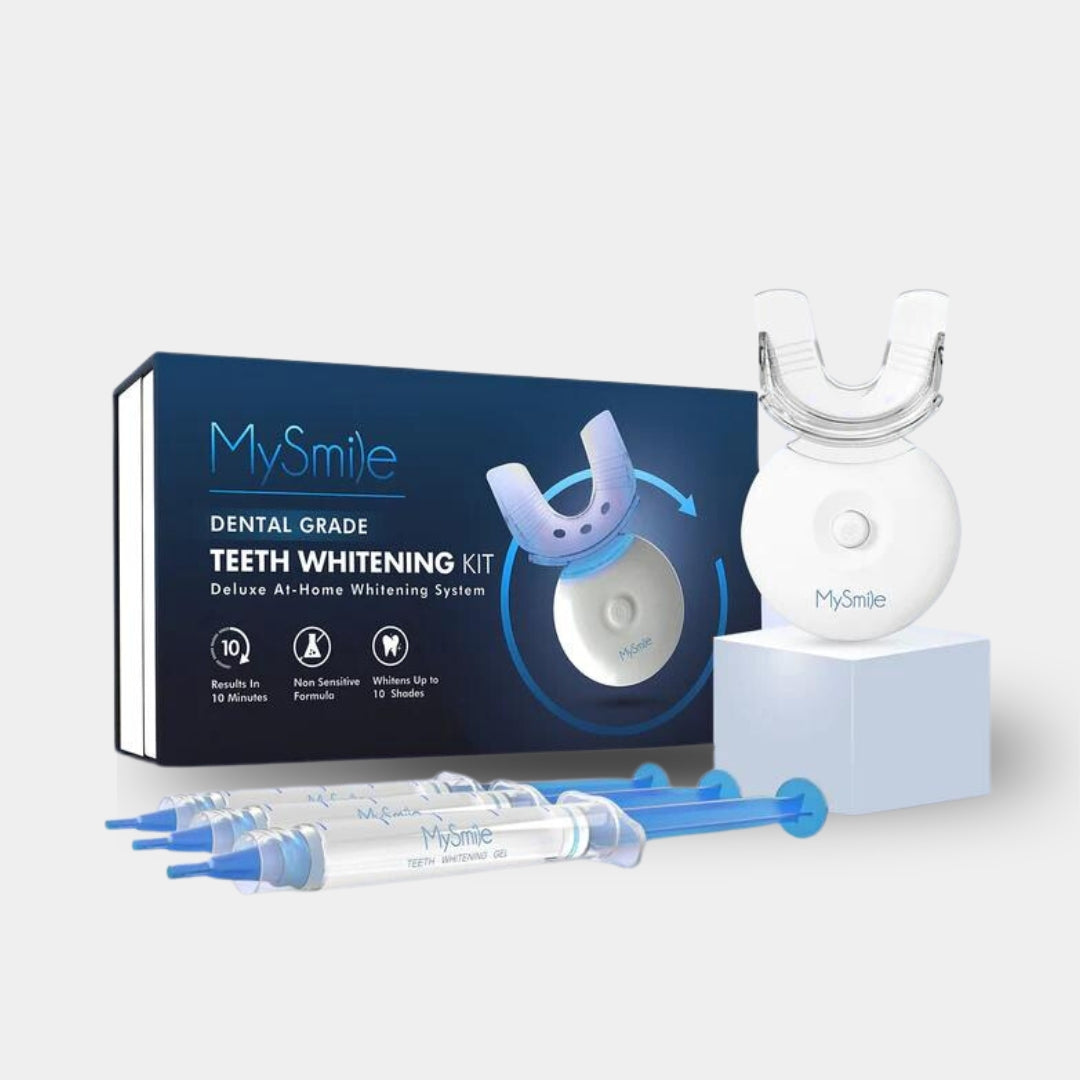The decision to buy a toothbrush used to be straightforward — you'd walk into a store and pick the first one within arm's reach or the one with a character from your favorite childhood TV show. Today, the market is buzzing with varieties, and a certain type has been electrifying the dental hygiene world with cutting-edge innovations — electric toothbrushes. In this comprehensive guide, we'll explore the electric toothbrush, weighing the advantages against the drawbacks. Whether you've been using manual brushes for decades or are contemplating a switch to the electronic side, knowing the facts will help you make an informed decision about what's best for your dental health.
Exploring the Electric Toothbrush
Defining the Difference
The fundamental contrast between manual and electric toothbrushes lies in their operation. While the manual variety has been around for centuries, the electric model automates the process, typically with oscillating-rotating or sonic technology that gently scrubs your teeth and provides a more efficient cleaning action than the mechanical force of a traditional brush.
Years of Innovation
The electric toothbrush isn’t the latest kid on the block. Its roots trace back to the 1950s, but the technology has continued to evolve, introducing features such as timers, pressure sensors, and even Bluetooth connectivity. These advancements have been underpinned by a multitude of studies, comparing their efficacy in various scenarios.
The Advantages of Going Electric
Greater Plaque Removal
Research has consistently supported the electric toothbrush’s ability to remove plaque. A 2014 Cochrane review, considered the gold standard in evidence-based health care, found that electric toothbrushes reduced plaque levels by 21% after three months of use, over manual brushing.
Enhanced Gum Health
Electric toothbrushes have also been shown to significantly reduce gingivitis, a mild form of gum disease, particularly in the short term. Their gentle, multi-directional brushing motions are often cited as a factor for this improvement, compared to the unidirectional scrubbing of a manual brush.
Built-in Timers for Consistency
One of the electric toothbrush’s most lauded features is its built-in timer. This ensures that users brush for the dentist-recommended two minutes, which is incredibly beneficial as most people when using a manual toothbrush, often cut this short.
Ideal for Special Needs
People with dexterity issues, such as those with arthritis or children who are still developing fine motor skills, find electric toothbrushes easier to use. This accommodates a broader demographic, making superior oral care accessible to individuals who may struggle with a manual toothbrush.
Additional Features and Customization
High-end electric toothbrushes offer various customizations, like multiple brushing modes (e.g., ‘whitening’, ‘gum care’, ‘sensitive’), different cleaning head styles, and even app-guided brushing plans. They make it possible to tailor your brushing experience to your specific dental needs.
The Drawbacks to Consider
Initial Cost
One of the most significant downturns of electric toothbrushes is their higher initial cost compared to manual ones. However, it's important to juxtapose this against longevity and dental savings — a good quality electric toothbrush can last for years and potentially reduce long-term dental care costs.
Maintenance and Travel Considerations
Electric toothbrushes require charging or battery replacement, which might be seen as an inconvenience, especially for the frequent traveler. Additionally, users must be mindful of keeping the charging station clean and dry to avoid hygiene issues.
Noise and Vibration
Some users find the noise and vibration of electric toothbrushes off-putting. This is highly subjective but worth mentioning, especially for those sensitive to sensory stimuli or who share living spaces with light sleepers.
Accessibility and Availability
While electric toothbrushes are becoming increasingly commonplace, there are still regions and demographics where access to electricity or the internet (for rechargeable models) may be limited. In such cases, manual toothbrushes could maintain an edge in availability.
Environmental Impact
The disposable heads or batteries of electric toothbrushes contribute to electronic waste, a critical point in an era of sustainability. Some manual toothbrush enthusiasts advocate for the environmental benefits of sustainable, biodegradable options.
Making the Choice
Considerations for Individuals
The "best" toothbrush is not a one-size-fits-all proposition. The right choice depends on individual needs, preferences, and lifestyle. For consumers who value effectiveness and are willing to invest a little more time, money, and possibly even counter space, an electric toothbrush could be a game-changer.
Dental Recommendations
Many dental professionals are vocal advocates for electric toothbrushes, believing they provide more consistent and effective cleaning. Discussing the options with your dentist or hygienist may provide personalized advice based on your dental history and current needs.
Trying Before Committing
Several brands offer satisfaction guarantees or trial periods for their electric toothbrushes. Taking advantage of these options allows you to experience the benefits first-hand before fully investing in the switch.
Augmenting Manual with Electric
Some users find a middle ground by using an electric toothbrush at home for daily cleaning and keeping a manual one for travel or occasional use. This strategy combines the strengths of both types of brushes to achieve a comprehensive oral care routine.
Understanding the Investment
Viewing an electric toothbrush as an investment in your oral health over time versus a one-time purchase might help justify the initial cost. When considering the potential reduction in dental procedures, the upfront price becomes more palatable.
Brushing Up on Dental Hygiene
The electric toothbrush represents a significant step in the evolution of dental hygiene tools. Its sophisticated technology, when used correctly, can provide a level of cleanliness and convenience that traditional brushes may struggle to match. Yet, it's not devoid of drawbacks. Like any choice, the decision to use an electric toothbrush is not devoid of context and personal judgment. Conducting thorough research, weighing the benefits against the costs, and considering personal needs will guide you to the most suitable decision. Remember, whichever toothbrush you choose, proper brushing technique and routine dental check-ups remain the cornerstones of a vibrant smile and strong teeth.








